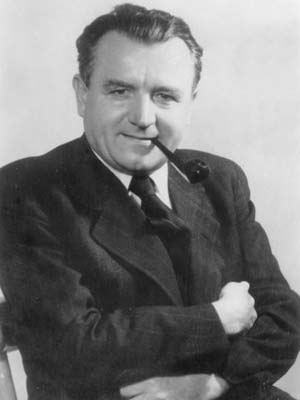The Communist Party
Other
Oppressed peoples, enslaved to the Capitalist beast, rise from the bottom and revolt for the equality you truly deserve!
Klement Gottwald (23 November 1896 – 14 March 1953) was a Czechoslovakian Communist politician, longtime leader of the Communist Party of Czechoslovakia (KSČ or CPCz or CPC), prime minister and president of Czechoslovakia.
Early life
Gottwald was born on 23 November 1896, in Dědice, Vyškov, Moravia, Austria-Hungary (now the Czech Republic).
Career
His first career was as a cabinet maker. Subsequently, he was (1921) one of the founders of the KSČ, 1921–1926 newspaper editor and KSČ functionary in Slovakia, since 1925 member of the KSČ Central Committee, 1926–1929 the leader of the Central Political and Propaganda Committee of the KSČ Central Committee, 1929–1948 member of the parliament, 1929–1945 Secretary-General of the KSČ, 1935–1943 a secretary of the Comintern, 1939–1945 one of the leaders of Communist resistance (in Moscow), 1945–1953 chairman of the KSČ, 1945–1946 Vice Premier, 1946–1948 Prime Minister of the Czechoslovak government, 1948–1953 President of Czechoslovakia.
In March 1945, Edvard Beneš, who had been elected President of Czechoslovakia 1935–38 and who had been head of the Czechoslovak Government-in-Exile in London since 1941, agreed to form a National Front government with Gottwald. Elected to the first Czech post-war government following the 1946 election, Gottwald became Premier of Czechoslovakia.
Death
Gottwald died on 14 March 1953, just five days after attending Stalin's funeral in Moscow on 9 March. His death, due to a burst artery brought about by prolonged heart disease, was heavily affected by other factors: syphilis and alcoholism. His body was initially displayed in a mausoleum at the site of the Jan Žižka monument in the district of Žižkov, Prague. However in 1962 due to a botched embalming, the body had blackened and was decomposing. It was then removed and cremated.







what a hunk